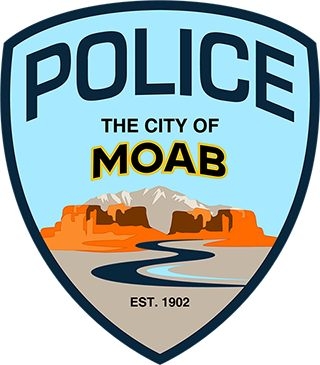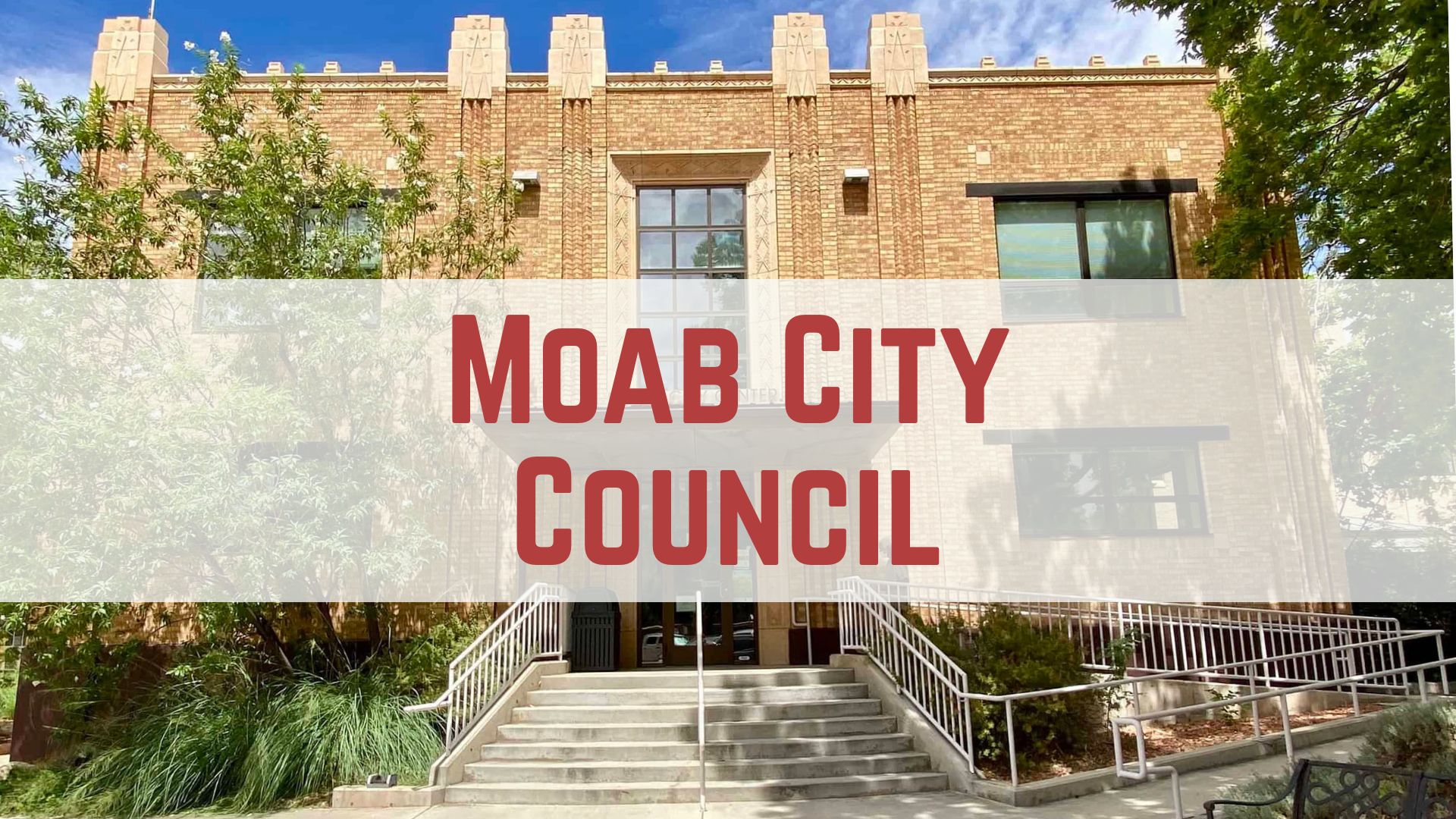Some information may be outdated.
Mona Pompili is the City of Moab’s code compliance specialist. During a city council meeting on May 10, she presented to the council how her department works and what her job entails. Scott Finlayson, administrative sergeant at the Moab Police Department, joined her.
Over the past few months, the department has been restructured to better expedite the process of filing complaints and addressing them. Code compliance encompasses a huge range of issues, like buildings, abatement projects, parking issues, and weeds. It operates on a complaint basis; complaints can be submitted online at the city’s website or by calling the department.
“Code compliance and code enforcement is a very unique part of a city function that we hold,” Finlayson said.
Once a complaint is submitted, code compliance will send staff out to inspect the issue and take photos. From there, the entire code compliance staff will meet to decide if a violation should be issued; if it is, the violation will be sent to the correlating city department it lies in, like planning and zoning or the police department. If the violation is approved by the department, the code compliance officer on the complaint will file and send out the violation: there are 30-, 60-, and 90-day notifications. Once the violation is resolved, the person who made the violation and also the person who made the complaint will be notified.
Pompili said some examples of complaints the code compliance team receives are short-term rental violations—the department gets a few a month, she said; banner sign violations (the city’s sign-code was updated last year); and outdoor lighting violations.
Everyone in the process is kept anonymous—the department is “really protective of anyone who files complaints,” Pompili said, but she did remind the council that all code compliance records could be made available in the Government Records Access and Management Act (GRAMA), which allows anyone to request documents from the state and local governments.
Councilmember Luke Wojciechowski asked why there isn’t an option to submit entirely anonymous complaints: City Manager Carly Castle said the city has found before that if the complaint process is anonymous, the city can’t easily follow up with whoever made the complaint for more information.
“And sometimes, it would be retaliatory: neighbors in the community would make frivolous complaints without backing it up,” Castle said. “If you care enough to make a complaint, you should probably care enough to stand by what you have to say … we did have an anonymous option for a little bit, and it was very dysfunctional and misused.”
Enforcement is always tricky, Finlayson said, because there are always going to be code violations.
“No city is ever going to have a handle on code enforcement and code compliance,” Finlayson said. “It crosses so many different avenues … there are so many elements integrated with it, and so many federal and state laws and city code that you could give me another 20 code enforcement officers and we probably still wouldn’t be able to keep up with everything.”
Pompili said over the last year and a half, major violations have included grease traps, prohibitive signs (such as feather signs—banners attached to poles—which became prohibited last year), illegal camping on private property, short-term rentals in residential zones, signs installed without sign permits, construction without a permit, failure to abate weeds, business licenses, and non-dark-sky compliant outdoor lighting.
Appreciate the coverage? Help keep local news alive.
Chip in to support the Moab Sun News.





